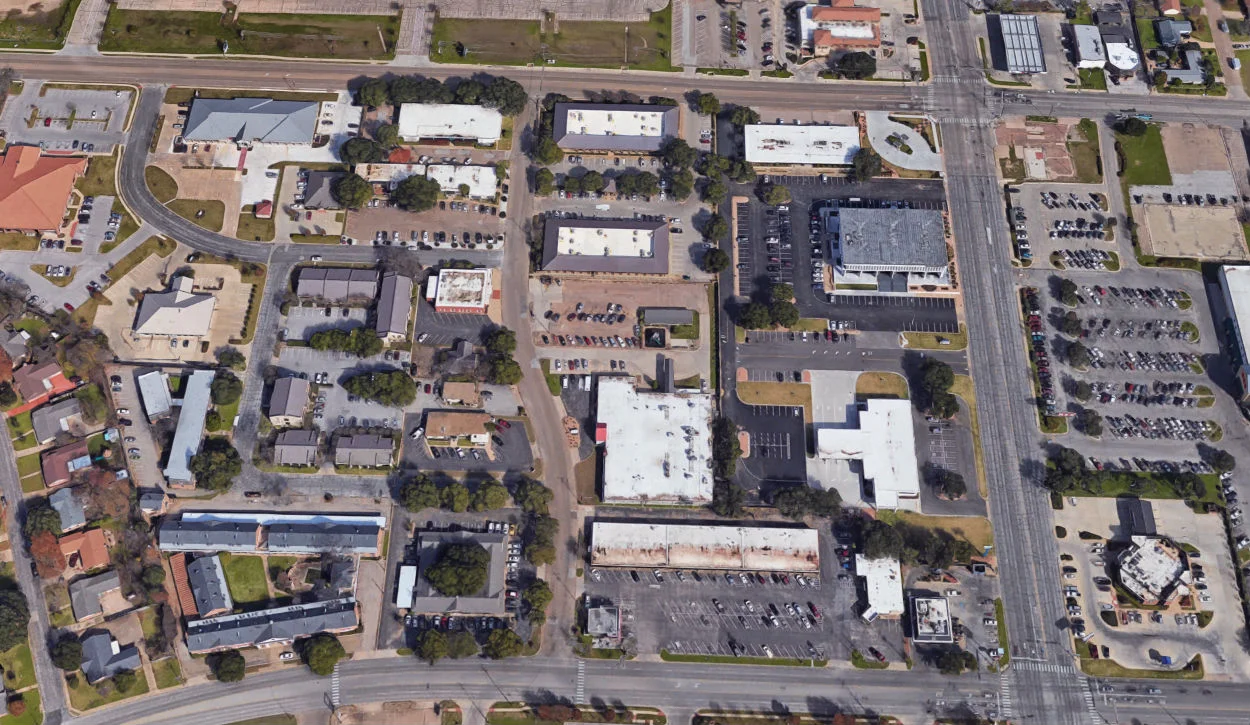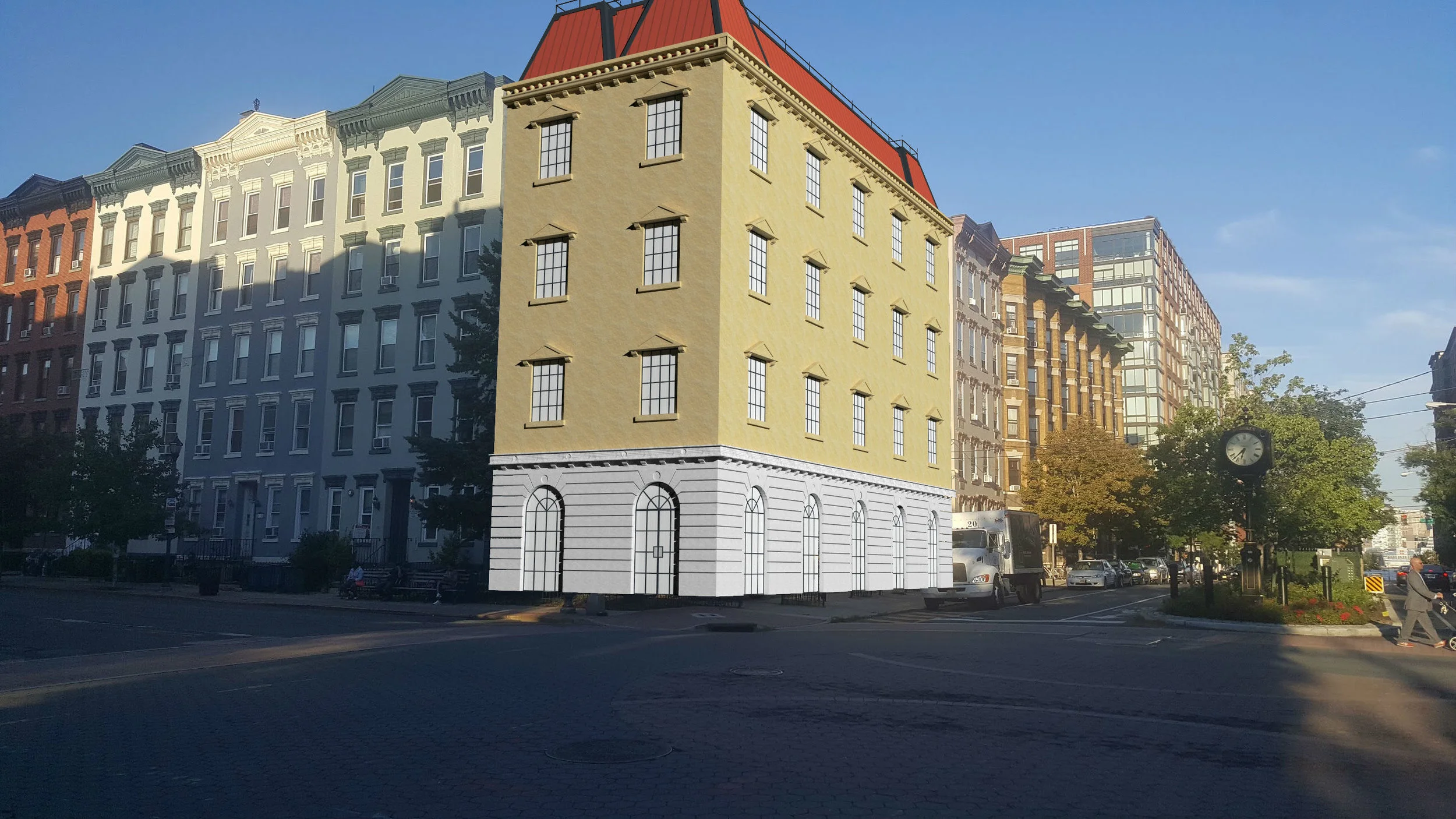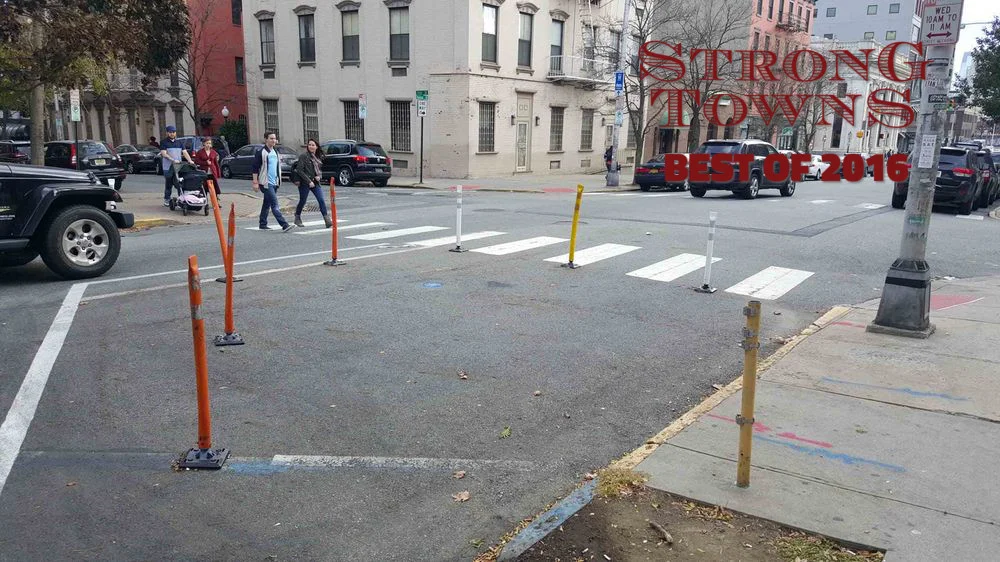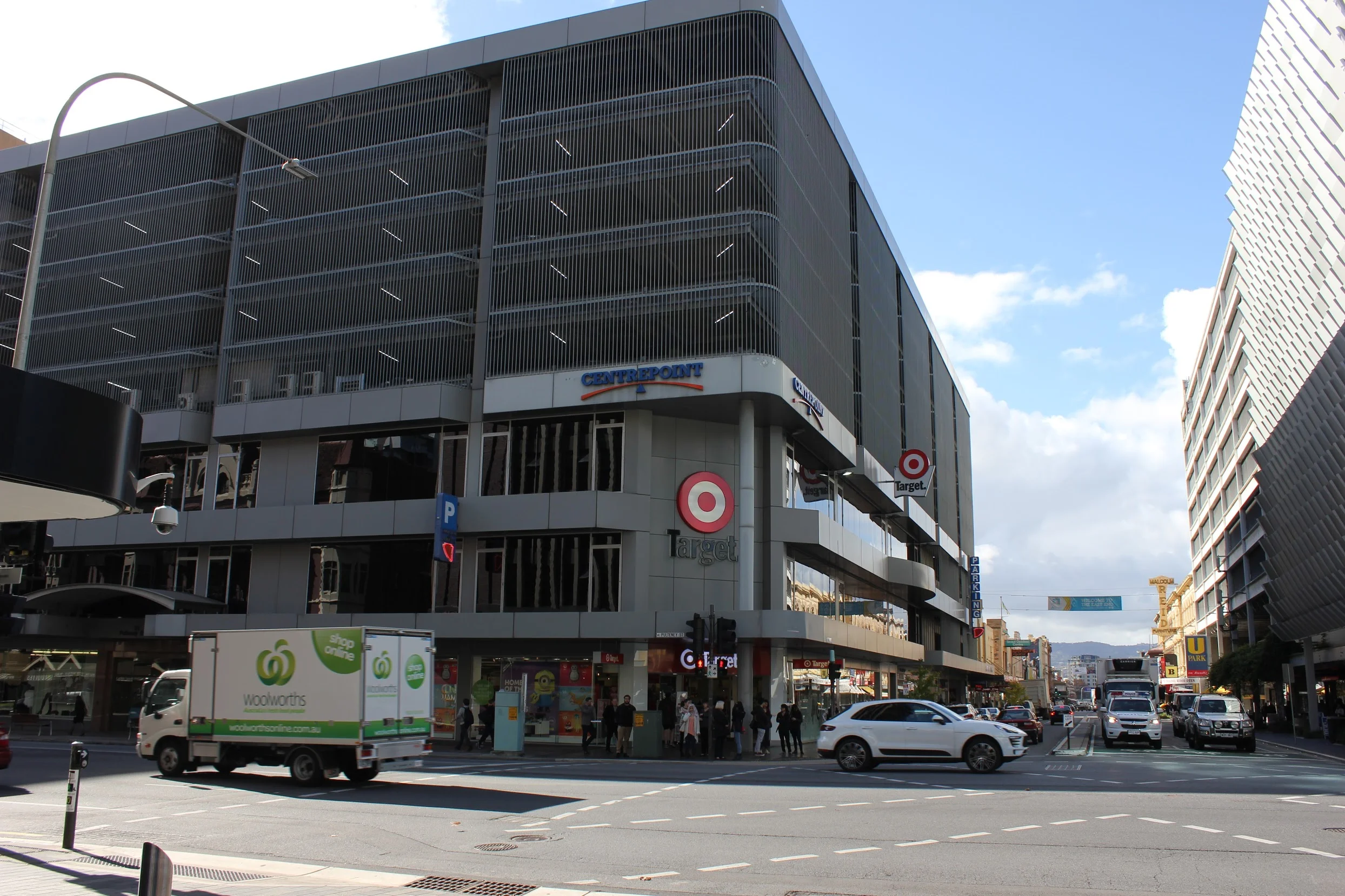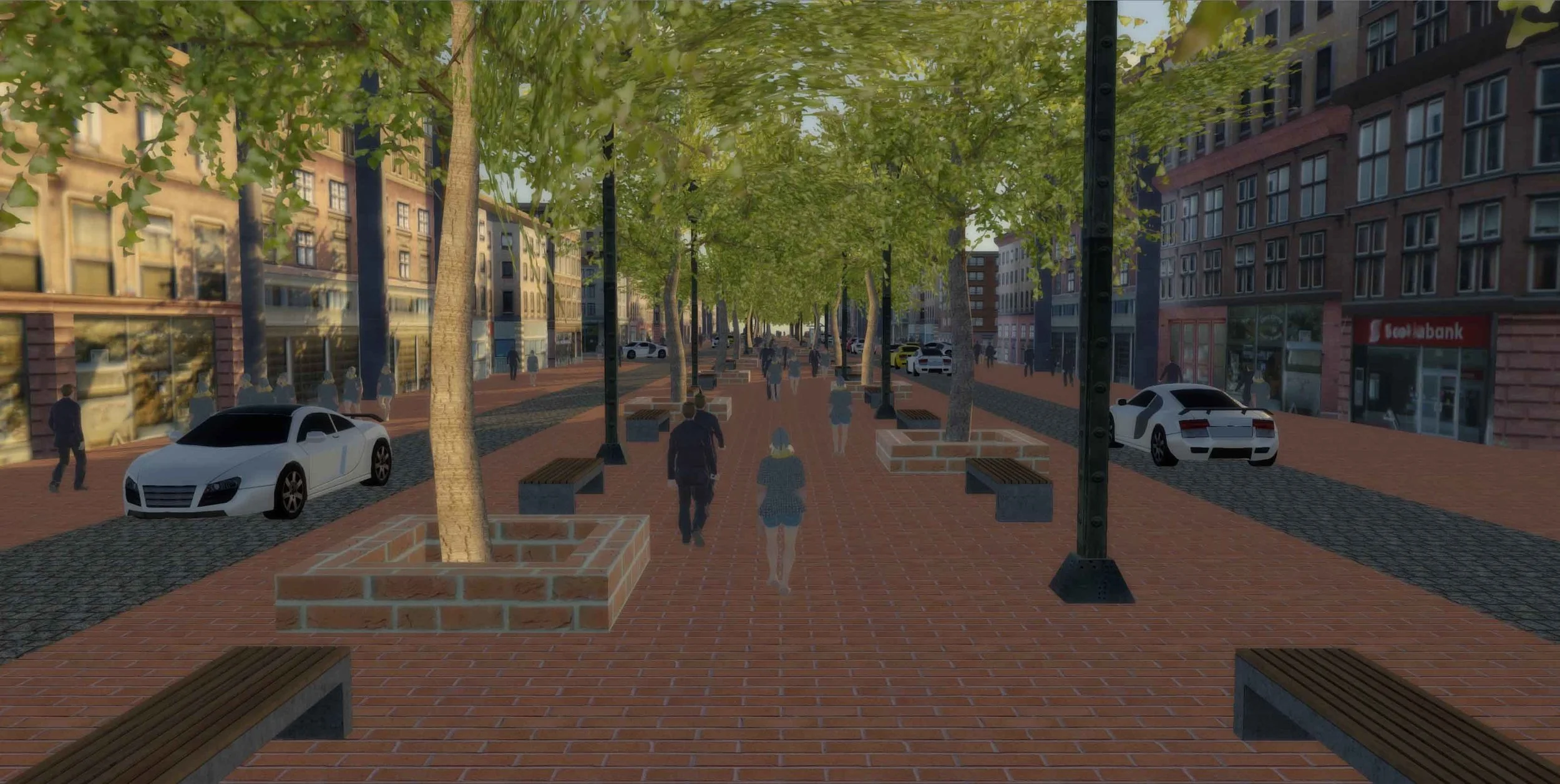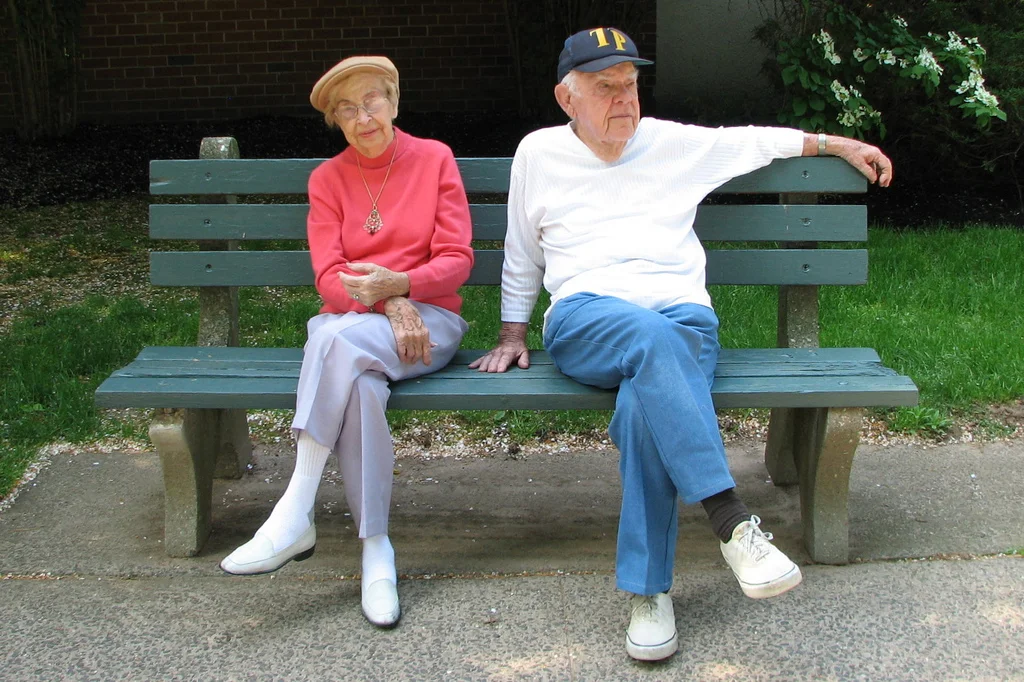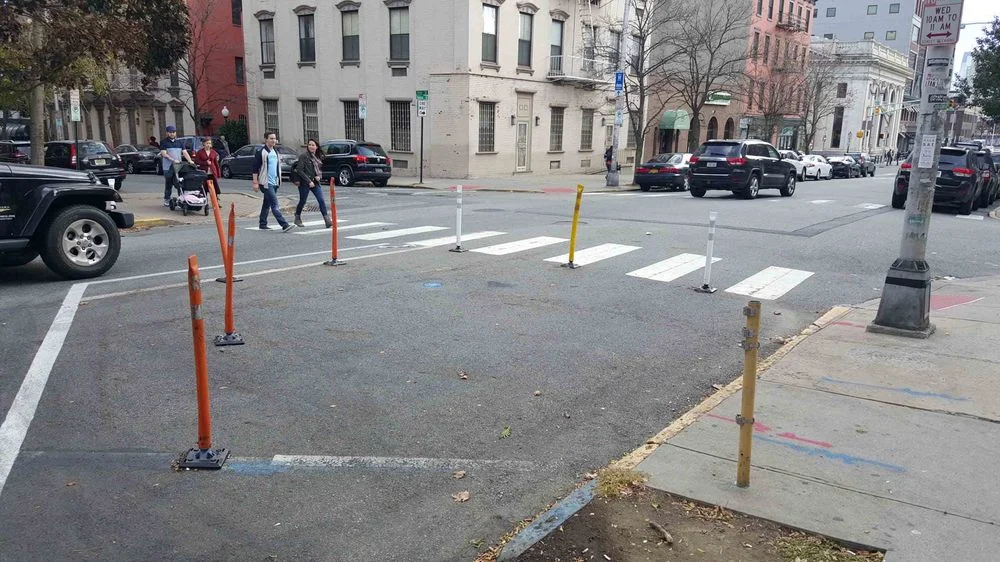Cities are filled with talent, ideas, and hardworking people. We just need to provide them with the platform to be productive.
Read MoreAuto-oriented towns experience serious challenges that negatively impact small businesses, community health, and financial success for everyone.
Read MoreThere's a big difference between these two types of development and one will create a far better outcome for our cities.
Read MoreSetback requirements waste valuable land and encourage its consolidation into the hands of a few instead of many.
Read MoreIs there an empty lot in your neighborhood you dream of filling? Use these simple steps to sketch, model and render a new building in the space.
Read MoreWhen we force private developers to provide "open space," they typically do a mediocre job of it.
Read MoreGreenspace is not the same as a park. This example from Jersey City, NJ shows you why that's the case and how to build better parks in the process.
Read MoreIf big developers keep snatching up huge plots of land in my city, I may never own a home. But if land is sold in smaller increments, that means more opportunities for small developers and home owners.
Read MoreCities are filled with talent, ideas, and hardworking people. We just need to provide them with the platform to be productive.
Read MoreHistoric preservation is often used to prevent something being replaced by something worse, but are we focusing on the symptom or the cause?
Read MoreWhat does ride-sharing mean for the future of our cities and car ownership?
Read MoreEvery city should be looking at the low hanging fruit they can use to continually improve themselves.
Read MoreLet's rethink parking as communal infrastructure rather than private property.
Read MoreWhat would a main street look like if we designed it first and foremost for people?
Read MoreA well tempered city—as explained in the book by the same name—is one where all of the components work in harmony as part of the greater composition of a city.
Read MoreNext time you want to label a town as 'family oriented' - don't just think about the young and middle-aged people that are able to depend on an automobile at a moment's notice. Ask yourself, would your 13 year old kid or elderly grandma with a walker have their freedom and be happy there?
Read MoreI ran the numbers and made a plan for building a traditional urban neighborhood. It turns out there's big profit to be made in this model.
Read MoreLet's take a look at how big-box stores have adapted to the urban environment of New York City.
Read MoreSmall bets are an affordable way to incrementally improve the places we love. They provide quick feedback from the community, and save us the time and money we so often over-invest in megaprojects.
Read MoreIf you have an approach with a 50% chance of success or failure, would you rather it be tried out at the state level with everyone succeeding or failing at the same time? Or, would you rather it be tried out at the neighborhood level, where failures are small and contained?
Read More



